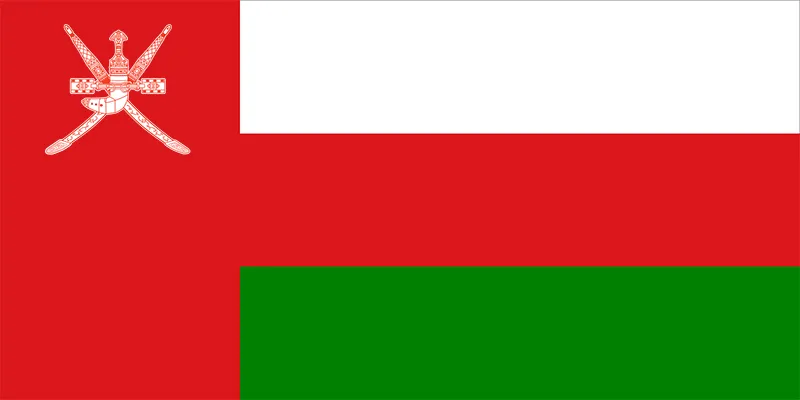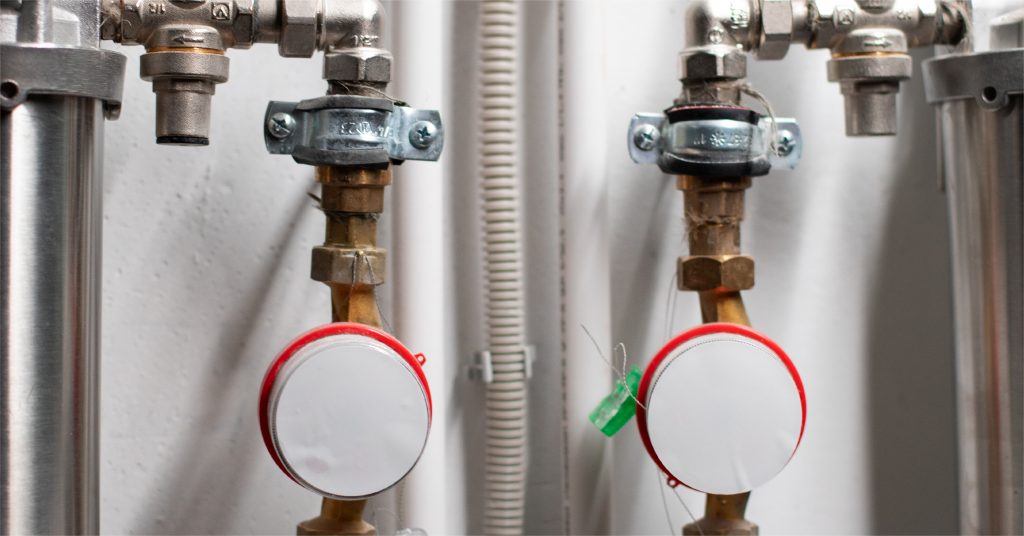Oman, with its arid climate and limited freshwater resources, faces significant challenges in providing safe, potable water to its population. As the demand for clean water increases, particularly in a country like Oman where water scarcity is prevalent, effective water treatment systems become crucial.
With limited rainfall and over-reliance on groundwater sources, Oman has invested heavily in technologies to ensure a continuous supply of potable water. In this blog, we’ll explore what potable water is, what a potable water system entails, and how Oman addresses the challenges of potable and non-potable water. We’ll also delve into the key water treatment methods employed to meet these needs
What is Potable Water? Understanding the Basics
Before discussing how Oman ensures a safe supply of potable water, it’s essential to understand: what is potable water? Simply put, potable water is water that is safe to drink or use for food preparation. It must meet certain health standards to be free of harmful contaminants like bacteria, viruses, chemicals, and heavy metals.
The importance of potable water cannot be overstated. Without access to potable water, the risk of waterborne diseases like cholera, dysentery, and diarrhea increases significantly. Therefore, maintaining strict standards and continuously monitoring water quality is crucial in ensuring the population’s well-being.
What is a Potable Water System?
A potable water system refers to the infrastructure, technologies, and processes used to collect, treat, and distribute safe drinking water to consumers. In Oman, potable water systems play a critical role in addressing the country’s water scarcity while ensuring that water reaching households is safe for consumption.
Potable vs. Non-Potable Water: Key Differences
To better understand the importance of potable water, it’s helpful to compare what is potable water with what is non-potable water. Potable water, as defined earlier, is safe for drinking and food preparation. Non-potable water, on the other hand, is water that cannot be consumed without risk of health issues. It may be contaminated with harmful microorganisms, chemicals, or heavy metals.
In Oman, non-potable water is often used in industrial processes, agricultural irrigation, and cleaning. Non-potable water doesn’t meet the stringent standards required for drinking but is still useful for other purposes. By utilizing non-potable water for industrial and agricultural needs, Oman can reserve its potable water for human consumption, thus making the most efficient use of its water resources.
Key Water Treatment Methods in Oman
Given Oman’s need to ensure a steady supply of potable water, the country relies on several advanced water treatment methods. These methods are designed to convert raw water sources, such as seawater or groundwater, into potable water fit for consumption.
- Desalination
This process involves removing salt and other impurities from seawater to make it suitable for drinking. Desalination is particularly crucial in coastal areas where access to fresh water is limited. However, the process is energy-intensive and comes with challenges, such as the disposal of saline brine.
- Reverse Osmosis
In this process, water is forced through a semi-permeable membrane that filters out contaminants. RO is highly effective in producing potable water from both seawater and brackish groundwater. The technology is efficient and scalable, making it an ideal solution for Oman’s growing water demands.
- Chlorination
Chlorination is a common method used worldwide to disinfect water and ensure it remains potable. It eliminates bacteria, viruses, and other pathogens from the water supply. Although highly effective in ensuring potable water is safe to drink, chlorination also requires careful management to avoid chemical residues.
- Filtration
Filtration is an essential step in removing solid particles, such as sand, silt, and organic material, from water. In Oman, different types of filtration systems are used, including sand filters, activated carbon filters, and membrane filters.
How Ion Exchange Contributes to Sustainable Water Treatment Solutions
Ion Exchange, a leading company in water treatment solutions, has been instrumental in Oman’s quest for water sustainability. The company provides advanced technologies and systems to address the country’s unique water challenges.
-
Reverse Osmosis (RO)
It is a cutting-edge technology used to remove the majority of contaminants from water by applying pressure to force water through a semi-permeable membrane. This membrane allows the passage of water molecules while blocking dissolved salts, organics, bacteria, and pyrogens. The high-pressure pump increases pressure on the salt side, pushing water across the RO membrane and leaving most dissolved salts behind in the reject stream. The treated water typically has 95% to 99% of dissolved salts removed.
-
Ultraviolet (UV) Technology
It offers an effective method for eliminating biological contaminants. These purifiers guard against water-borne viruses, bacteria, and microorganisms such as Giardia and Cryptosporidium. Exposure to UV radiation within the flow chamber purifies harmful microbiological impurities.
-
High Recovery RO (HRR) Technology
The innovative High Recovery RO (HRR) process, featuring the Water Saver Cartridge (WSC), continuously sweeps away salts and kills microbes, allowing operation at high recovery levels. This process achieves up to 70% recovery from a single RO membrane, three times higher than conventional systems, and saves over 80% of water, making it eco-friendly with a high shelf life for treated water.
-
Electrolytic Sanitizing System (ESS) Technology
Conventional UV systems can suffer from slime buildup, bacterial growth, voltage fluctuation, and quartz scaling, leading to poor disinfection. The patented ESS technology by ZeroB ensures complete microbial kill, overcoming these drawbacks and preventing water recontamination.
-
Resin Technology
Ion exchange resins play a crucial role in various separation, purification, and decontamination processes. Ion Exchange manufactures a range of resins, including poly-iodinated and iron-specific resins, which eliminate microbial contaminants and reduce iron levels to safe drinking standards (less than 0.3 ppm).
Conclusion
Ensuring the availability of safe, potable water in Oman is not just a necessity but a matter of public health and sustainability. Understanding what is potable water and the systems in place to deliver it highlights the importance of continuous innovation in water treatment methods. As the water demand grows, so does the need for advanced potable water systems that can meet the country’s needs while conserving its limited resources.


